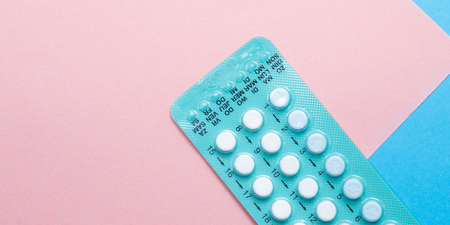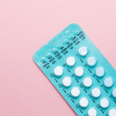Have you heard the one about contraception harming a woman’s fertility?
We know we have.
The girl who was told to come off the pill because she’d been on it “too long”, the woman who had her bar taken out and took ages for her periods to get back to normal – it’s a common urban myth that contraception can have an affect on you having babies.

But that’s all it is; a myth.
“There is no contraceptive in and of itself that causes damage to your fertility,” says Dr Caitriona Henchion, Medical Director of the Irish Family Planning Agency (IFPA).
As with anything in fertility, the woman’s age is what plays a role.
“There is obviously the issue that if you take the contraceptive pill for 20 years (when you’re in your late teens/ early 20s) and then come off it. That means you’re almost 40 and your fertility is less.
“Time is what makes most difference. There is no evidence that being on the pill for five years, ten years, any amount of years, actually damages fertility.
“It is the age you are when you come off it, that’s the critical thing.”
Adjustment period
That’s not to say it doesn’t take time for a woman’s fertility to return after she comes off contraception.
Generally, Dr Henchion says, you can expect this to be around four to six weeks after coming off the pill though for some it could be as much as six months.

With implants (i.e. the bar) and IUDs (intrauterine devices, also know as the coil) there should be no adjustment period at all after removal.
The only contraceptive that’s clearly associated with a delay in your fertility coming back is the contraceptive injection.
“It doesn’t happen for everybody but on average it would be three months before fertility returns and it would be more than a year in some cases,” Dr Henchion continues.
“For that reason, if I have someone coming in to me who is 36, 37 and they were looking for contraception the injection would be the first thing I’d recommend if they’d perhaps like to have a baby. You’re looking at maybe another year (before being fertile again.)”
As ever, different contraceptives will suit different people and can have varied effects on all of us so make sure you talk to your doctor or visit a sexual health clinic to get the best one for you.
This October is Fertility Month on Her, when we’ll be talking all things reproductive health and having babies.
You can check out all of our Fertility Month articles here.
Want to get in touch? Email me at [email protected].




















































